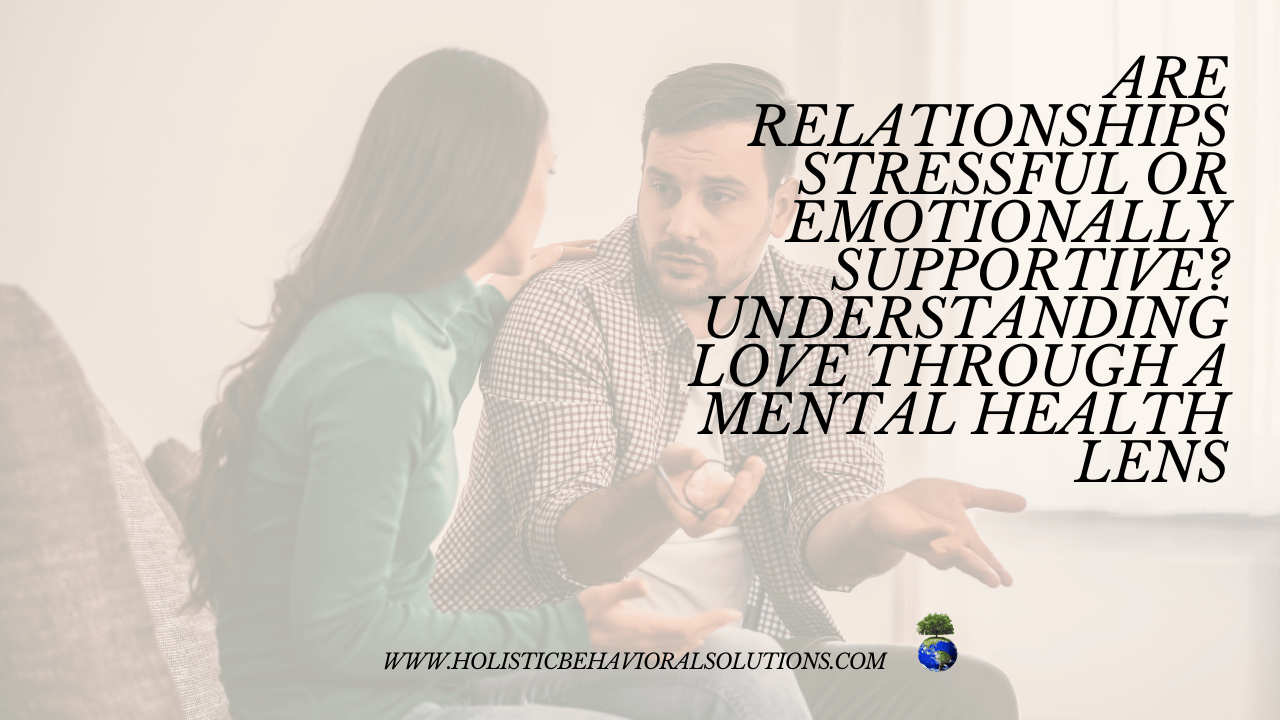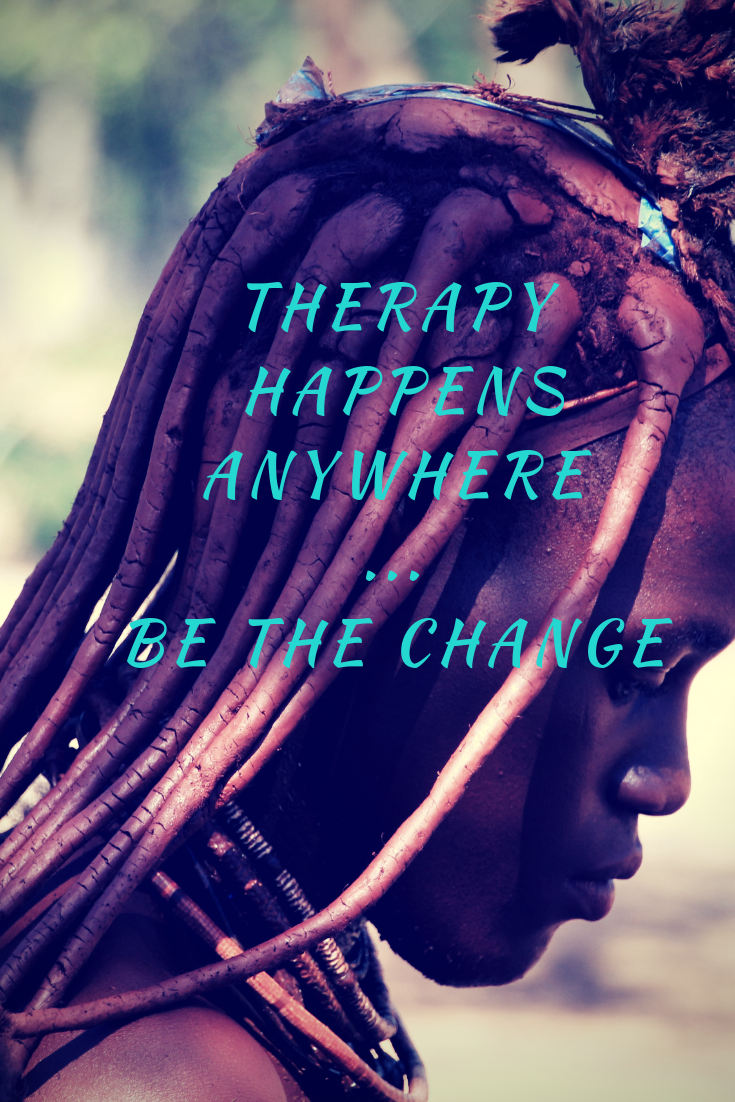
In American culture, where independence and self-fulfillment are cherished values, romantic relationships often carry high expectations. As wedding season approaches, love is celebrated nationwide—even as the U.S. divorce rate hovers around 3.6 per 1,000 people. Despite that, many people continue to say “I do,” often later in life, with more life experience—and more emotional baggage.
So, are relationships the root of our stress, or can they actually be part of the solution to our emotional needs?
The Duality of Romantic Relationships
At their best, relationships offer emotional intimacy, companionship, and psychological support. They can improve mental health, reduce feelings of isolation, and promote long-term well-being. But relationships also require work—especially when two people bring their full histories into a partnership. That emotional complexity can either create conflict or lead to powerful opportunities for mutual growth.
1. Emotional Baggage: What We Bring Into Relationships
As we age, our emotional experiences become more layered. Whether from past relationships, family dynamics, or personal trauma, we carry emotional baggage into new romantic connections. This history shapes how we communicate, trust, and resolve conflict.
When partners are willing to unpack this baggage together—with patience and empathy—it can transform into a foundation for deeper connection and healing. But left unchecked, it can lead to miscommunication, defensiveness, or emotional burnout.
2. Managing Conflict: It’s Not What We Fight About—It’s How
Every relationship experiences conflict. But the way couples handle disagreement can make or break emotional closeness. Especially in mature relationships, where individual routines and expectations are well-formed, managing conflict with respect and curiosity is essential.
Healthy conflict resolution strategies include:
- Active listening
- Setting boundaries
- Practicing empathy
- Avoiding blame language
- Seeking compromise, not control
Developing these communication skills isn’t just about keeping the peace—it’s about building a stronger, more emotionally secure bond.
3. Emotional Fulfillment and Personal Growth
Relationships can act as mirrors, helping us better understand our needs, insecurities, and strengths. A supportive partner can help us feel seen, valued, and encouraged to grow.
In thriving relationships, both individuals feel emotionally fulfilled—not because everything is perfect, but because both partners are committed to growing together.
Mental Health and Relationships: Why It Matters
Mental health plays a foundational role in the health of our relationships. Anxiety, depression, unresolved trauma, or stress can influence how we connect, communicate, and respond to our partners.
1. When to Seek Support
There is no shame in reaching out for professional help. In fact, therapy—whether individual or couples counseling—can be transformative.
Therapy can help couples:
- Work through emotional baggage
- Improve communication patterns
- Resolve conflict with compassion
- Rebuild trust and intimacy
Licensed therapists can also help individuals gain insight into their own emotional responses and attachment patterns—empowering them to show up more fully in their relationships.
2. Self-Awareness and Self-Care in Love
Being emotionally available starts with self-awareness. When you understand your triggers, stress responses, and emotional needs, you can better navigate relationship challenges.
Simple self-care practices that support mental health include:
- Meditation and mindfulness
- Regular physical activity
- Quality sleep and nutrition
- Journaling or creative expression
- Meaningful time away from screens
When you care for your mental and emotional health, you create a more stable, compassionate space for your relationship to thrive.
Final Thoughts: Can Relationships Meet Our Emotional Needs?
Yes—but only when both partners commit to self-awareness, communication, and growth. Relationships aren’t perfect, but they can be powerfully healing. With support, shared effort, and mental health care, stressors can become stepping stones to deeper connection and fulfillment.
Boost Emotional Fulfillment with Holistic Wellness
While you’re reflecting on your relationship journey, support your emotional health with natural tools. Explore our Holistic Store for carefully curated wellness supplements and self-care products that promote emotional balance and energy—so you can feel your best and connect more deeply.
Grow Your Career in Mental Health
Looking to make a difference? Join Holistic Behavioral Solutions and expand your career in therapy and mental health services. Whether you’re a seasoned clinician or just starting out, we support professionals ready to empower others on their emotional wellness journeys.

